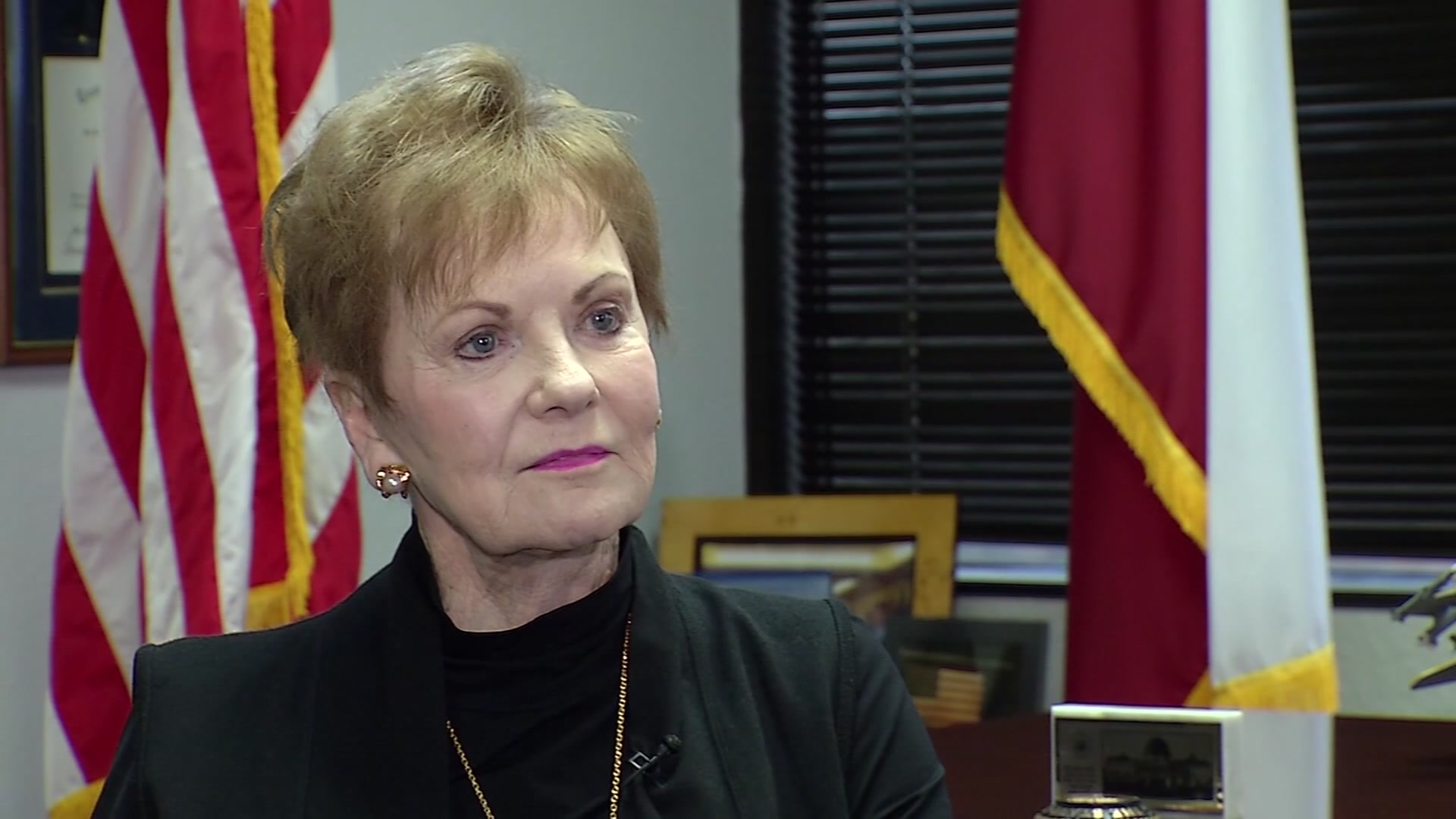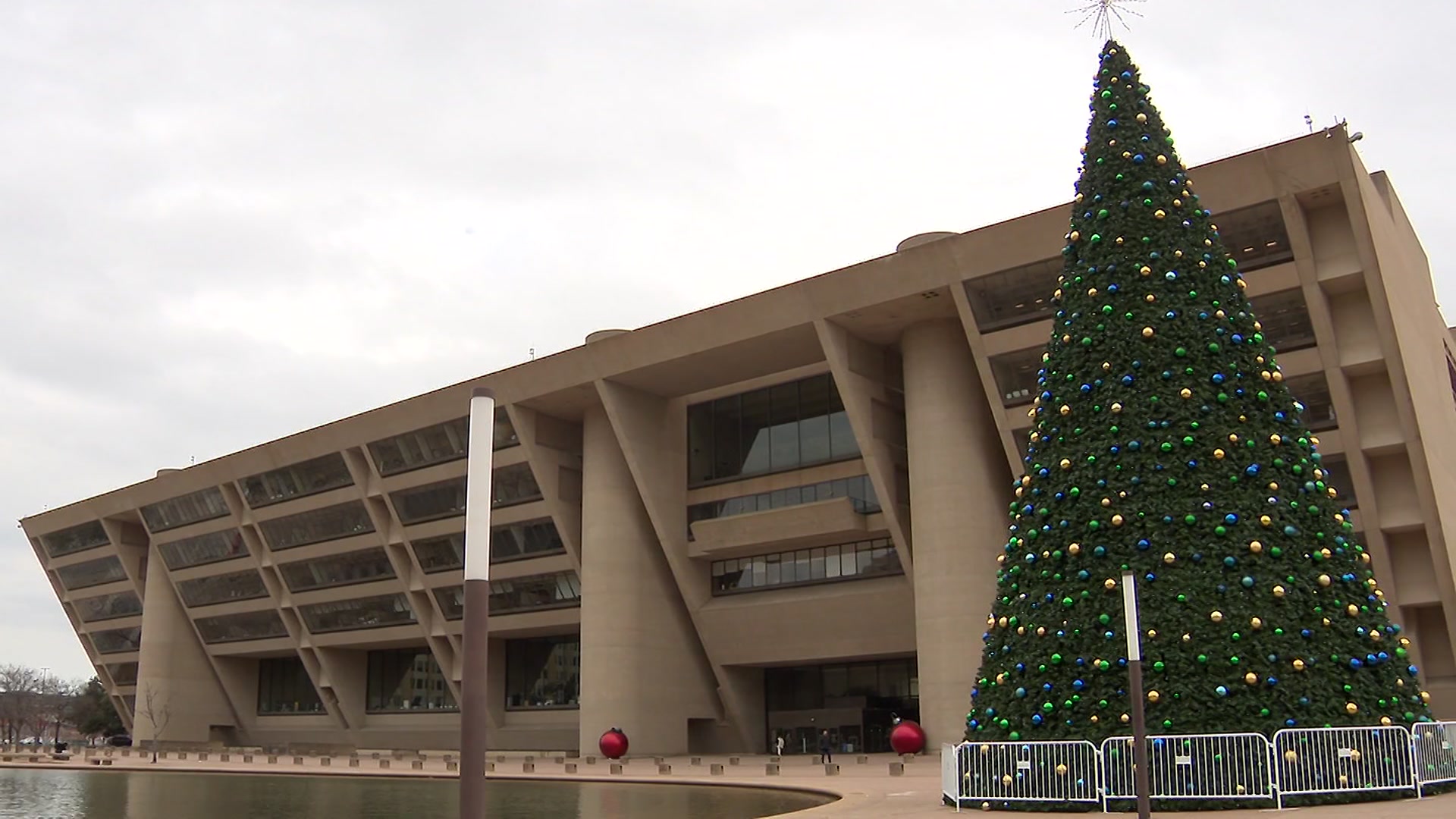Top Dallas County leaders were called to City Hall Monday to explain what some have called a capacity crisis at the county jail.
The county officials insisted no criminals will be set free without court orders, but they admitted that computer software problems have caused tremendous confusion.
The City of Dallas has no jail of its own so Dallas Police bring all their prisoners to the county jail which is currently at 98% capacity.
“When you hear 98% capacity, you sound very confident in managing that, but it just sounds like there’s not a lot of headroom there. I would like to have more comfort around that,” City Council Member Gay Donnell Willis said.
Get top local stories in DFW delivered to you every morning. >Sign up for NBC DFW's News Headlines newsletter.
County Commissioner John Wiley Price said he has been involved with jail issues for decades and no city police have ever been turned away with prisoners.
“Let me just quell all the concerns. We’ve never placed DPD or any other law enforcement agency on divert. Dallas County has always made the adjustments,” Price said. “First and foremost, it’s always going to be about public safety, and what you present at our door is what we have to detain. And they’re there until the courts decide otherwise.”
District Attorney John Creuzot said the law requires that arrested people must be formally charged within 90 days and several dozen prisoners may be pushing close to that limit.
Local
The latest news from around North Texas.
“That’s not a large number for us but when you’re talking about public safety anyone may be that unacceptable person and we understand that. We’re in constant communication with our law enforcement agencies,” Creuzot.
The two county officials agreed that a new computer software conversion is making case management very difficult.
“We don’t know if the case is set. We don’t know who the defense lawyer is and all of those things. We don’t even know who to talk to. So, if I can’t see who the defense lawyer is, the problem for the defense is they can’t see where their client is. If they’ve been appointed, they don’t know,” Creuzot said.
Price said clerks and court personnel have been asked to work around the system.
Meanwhile, Creuzot said he is also promoting lower-level drug, alcohol and mental health cases being sent directly to treatment instead of jail.
“To the extent that we can have those people not going into the Dallas County Jail and be expensive consumers of the jail, we can help solve this problem of 98%,” Creuzot said.
The county’s top prosecutor said he has received support for this approach from police chiefs of multiple cities.
“When we get down to the mentally ill, the homeless, people who are impaired, the police chiefs see that we’re wasting a lot of time putting these people in jail, they’re crowding up the jail,” Creuzot said. “The crisis of violent crime has caused our police chiefs to reevaluate how they are policing and where they put their resources.”
The county officials said hundreds of beds at the jail are off limits for renovation and air conditioning repair so state approval is being sought for hundreds of temporary beds in another area that has been unused.
Wednesday the City Council is asked to pay the county over $8.5 million for the city’s share of jail expenses.
“I ask, if it’s possible and you do end up diverting, that there be a preference for Dallas residents to stay in Dallas so that families can visit,” Mendelsohn said.
Price said he does not expect that any diversion will occur and the county is also working to avoid housing any inmates out of town as some other counties have been forced to do.
Monday afternoon the inmate count was 6,698, under the listed capacity of 7,204.
But additional requirements that women be kept separate from men and classification rules that maximum security men be kept apart from others leave the jail at about the 98% Price confirmed Monday.



